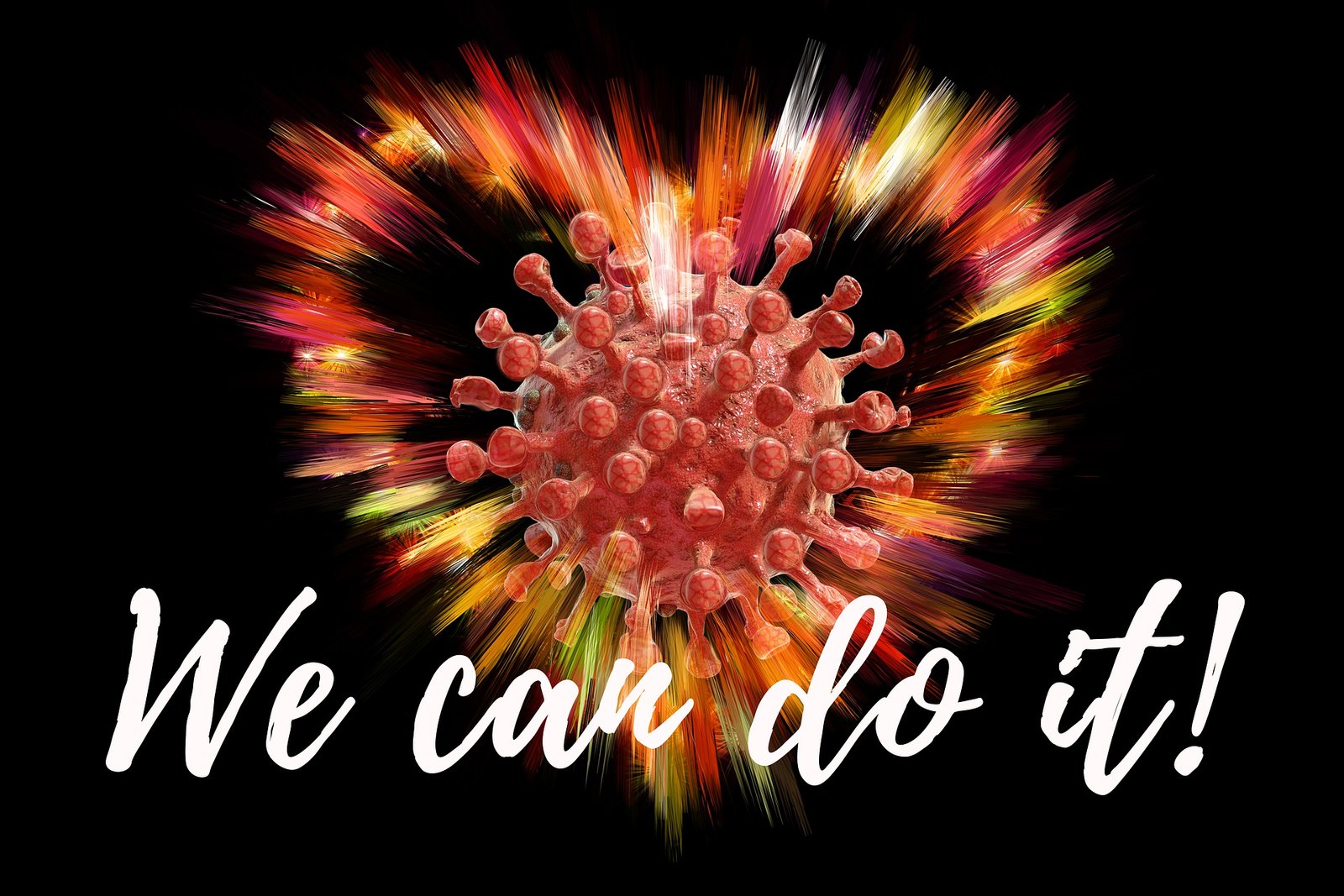A study published in the journal PLoS Medicine has identified three simple steps which if taken together can be highly effective in controlling Covid-19.
The study has created a new model after taking into account the spread of the disease and prevention efforts.
According to this model, regular hand washing, wearing masks, and keeping social distance from each other, these are the three simple steps which can control the pandemic without a vaccine or additional treatments.
The aim of the study was to compare the individual and combined effectiveness of self-imposed prevention measures and of short-term government-imposed social distancing in mitigating, delaying, or preventing a COVID-19 epidemic.
Methods and findings
The study developed a deterministic compartmental transmission model of SARS-CoV-2 in a population stratified by disease status (susceptible, exposed, infectious with mild or severe disease, diagnosed, and recovered) and disease awareness status (aware and unaware) due to the spread of COVID-19.
- Self-imposed measures were assumed to be taken by disease-aware individuals and included handwashing, mask-wearing, and social distancing.
- Government-imposed social distancing reduced the contact rate of individuals irrespective of their disease or awareness status.
- The model was parameterized using current best estimates of key epidemiological parameters from COVID-19 clinical studies. The model outcomes included the peak number of diagnoses, attack rate, and time until the peak number of diagnoses.
For fast awareness spread in the population, self-imposed measures can significantly reduce the attack rate and diminish and postpone the peak number of diagnoses. The study estimates that a large epidemic can be prevented if the efficacy of these measures exceeds 50%. For slow awareness spread, self-imposed measures reduce the peak number of diagnoses and attack rate but do not affect the timing of the peak.
Early implementation of short-term government-imposed social distancing alone is estimated to delay (by at most 7 months for a 3-month intervention) but not to reduce the peak. The delay can be even longer and the height of the peak can be additionally reduced if this intervention is combined with self-imposed measures that are continued after government-imposed social distancing has been lifted.
Key Messages
- Information dissemination about COVID-19, which causes individual adoption of handwashing, mask-wearing, and social distancing, can be an effective strategy to mitigate and delay the epidemic.
- Early initiated short-term government-imposed social distancing can buy time for healthcare systems to prepare for an increasing COVID-19 burden.
- The study stresses the importance of disease awareness in controlling the ongoing epidemic and recommend that, in addition to policies on social distancing, governments and public health institutions mobilize people to adopt self-imposed measures with proven efficacy in order to successfully tackle COVID-19.







